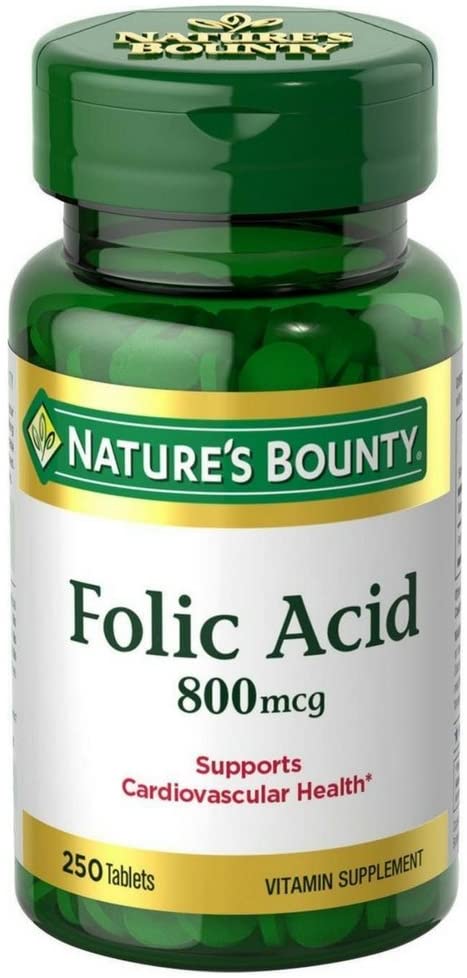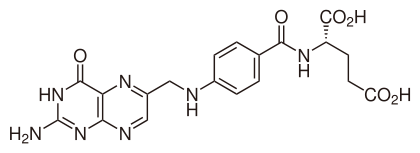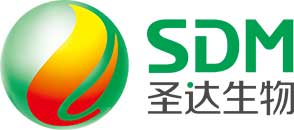Product Portfolio
- Vitamin B7 (D-Biotin)
- Vitamin B9 (Folic Acid)
- Vitamin B2 (Riboflavin)
- Vitamin D3 (Cholecalciferol)
- Provitamin B1 (Benfotiamine)
- Nisin
- Natamycin
- ε-Poly-L-Lysine HCL
- Miconazole Nitrate
- Enalapril Maleate
- Lisinopril Dihydrate
- Ramipril Doxofylline
- Doxofylline
We are certificated by:



Folic Acid
Also known as : Forfate, Vitamin B9, Vitamin M, Pteroylglutamic Acid
Folic acid, is one of the B vitamins. Folic acid was discovered  between
1931 and 1943. It is on the World Health Organization's List of Essential
Medicines, the most effective and safe medicines needed in a health system.
between
1931 and 1943. It is on the World Health Organization's List of Essential
Medicines, the most effective and safe medicines needed in a health system.
The recommended daily intake level of folate is 400 micrograms from foods or dietary supplements. Folic acid is used to treat anemia caused by folic acid deficiency. It is also used as a supplement by women during pregnancy to prevent neural tube defects (NTDs) in the baby. Low levels in early pregnancy are believed to be the cause of more than half of babies born with neural tube defects. More than 50 countries use fortification of certain foods with folic acid as a measure to decrease the rate of NTDs in the population. Long term supplementation is also associated with small reductions in the risk of stroke and cardiovascular disease. It may be taken by mouth or by injection.
Taking folic acid over years reduced the risk of cardiovascular disease by 4%, where another study found it did not affect cardiovascular disease, even while reducing homocysteine levels.
Long-term supplementation with folic acid reduced the risk of stroke by 10%, which may be due to the role folate plays in regulating homocysteine concentration.The reviews indicate the risk of stroke appears to be reduced only in some individuals, but a definite recommendation regarding supplementation beyond the current RDA has not been established for stroke prevention. Asian populations had greater protection against stroke with folate supplementation than did European or North American subjects.
Observed stroke reduction is consistent with the reduction in pulse pressure produced by folate supplementation of 5 mg per day, since hypertension is a key risk factor for stroke. Folic supplements are inexpensive and relatively safe to use, which is why stroke or hyperhomocysteinemia patients are encouraged to consume daily B vitamins including folic acid.
Studies on folic acid intake from food and folate supplementation with regards to cancer risk are based on the adequacy of chronic intake. Chronically insufficient intake of folic acid (below the recommended level of 400 micrograms per day) may increase the risk of colorectal, breast, ovarian, pancreas, brain, lung, cervical, and prostate cancers. Other studies showed that excessive dietary supplementation with synthetic folate may increase the risk of certain cancers, in particular prostate. A 2017 review found no relationship between taking folate supplements and cancer risk.
Folic Acid is a collective term for pteroylglutamic acids and their oligoglutamic acid conjugates. folic acid is involved in carbon transfer reactions of amino acid metabolism, in addition to purine and pyrimidine synthesis, and is essential for hematopoiesis and red blood cell production.
Line Formula: C19H19N7O6
CAS No: 59-30-3
Structure:

We mainly provide below items into markets
| Category | Product Name | Chemical Entity |
| Active Pharmaecutical Ingredient (API) | Folic Acid (Pure) | |
| Food Additive | 80% Folic Acid | |
| Feed Additive | 96% Folic Acid | |


